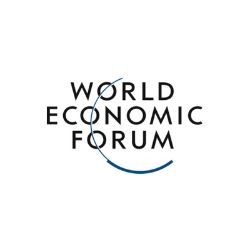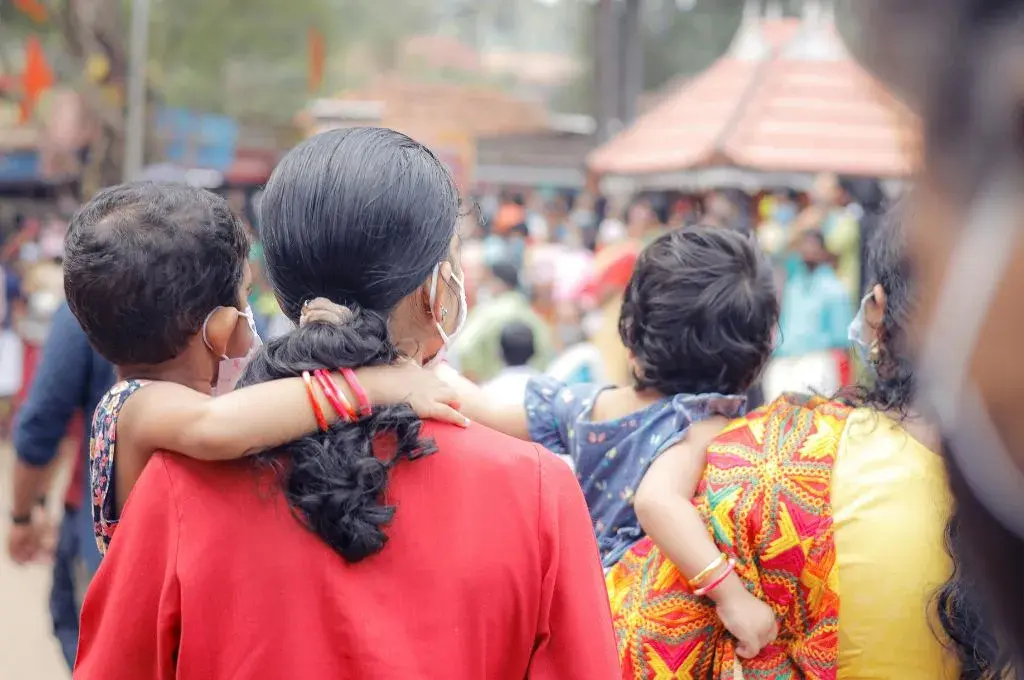If art could provide us with a way to look deeply into ourselves—our past and our present complexities—and if it could provide us with the tools and the language to imagine new and different futures, free from the oppressions we are currently surrounded by, then art can lead us to the radical possibility of truly equitable, inclusive, just, transformed and caring societies where we are all free.
In an increasingly globalized and challenged world, the role of art and culture is often questioned. Set against difficulties like inequality and wealth gaps, gender-based violence, and lack of basic essentials such as water, sanitation, decent housing, affordable healthcare and quality education—art can seem like a nice-to-have rather than a necessity.
But we know that we enjoy art and we certainly couldn’t imagine this year where many of us have been sheltered in place, without film, music or literature. So is it possible to go further and to imagine a world where art is central and essential to how we think about and create the world we want to live in?
This is an excerpt from the article This is how to harness the power of human imagination for social change by Refilwe Nkomo.
This article is a part of a special series on the connection between inner well-being and social change, in partnership with The Wellbeing Project, Stanford Social Innovation Review, Schwab Foundation at the World Economic Forum, and Skoll Foundation.





